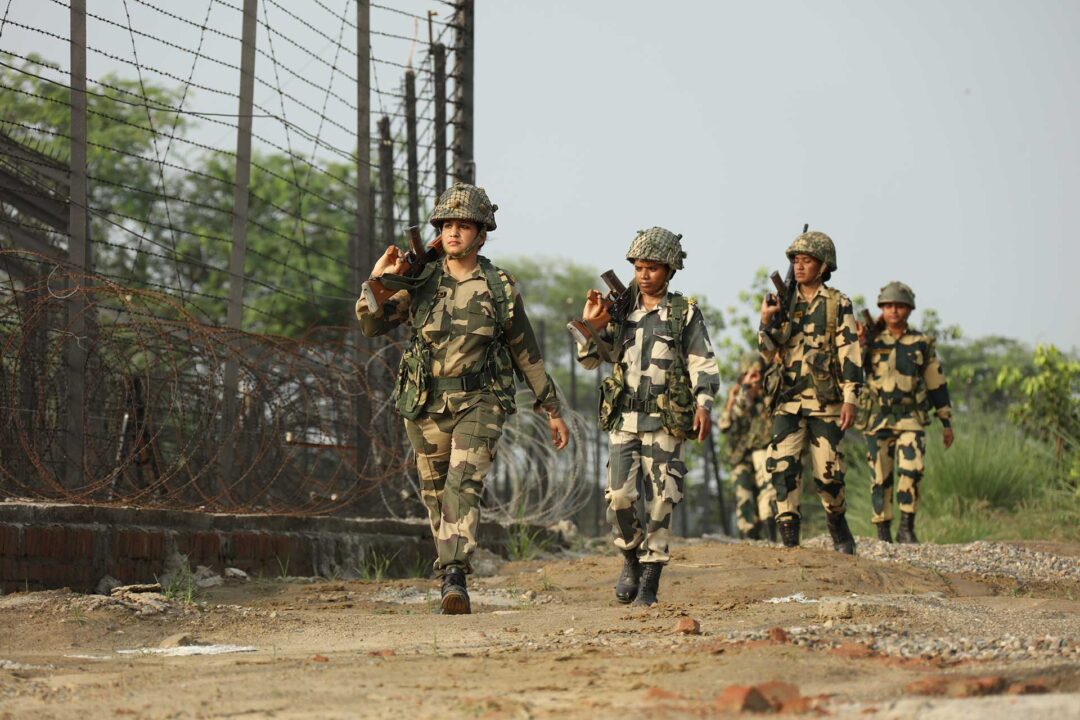India should be proactive in Afghanistan

India must play a proactive role in promoting the Afghan peace process and help protect the Afghan constitutional order which has come into being after so many sacrifices in Afghan blood and treasure. Since a long and difficult path lies ahead to secure a negotiated end to the Afghan conflict, Rudrendra Tandon, India’s new ambassador to Afghanistan, must offer fresh ideas to India’s friends in Kabul so that they can unwaveringly promote an inclusive Afghan-led and Afghan owned peace process.
The recent spurt in terrorist violence in Afghanistan is vitiating the atmosphere for peaceful dialogue. Hundreds of security personnel and civilians have been killed in recent weeks. On 13 July, the Taliban fighters clashed with Afghan security forces following a deadly car bomb blast at a government compound, close to the National Directorate of Security (NDS), the main intelligence agency of Afghanistan.
In his many online interactions with the global community, President Ashraf Ghani has criticized the Afghan Taliban for continuing violence which he says threatens the peace prospects in Afghanistan. Ghani has hosted video conferences with many countries and global institutions including the United States, Russia, Pakistan, India, Iran, China, Egypt and Qatar. However, such political violence is not unusual for combatants as it is done to strengthen their bargaining position ahead of crucial negotiations. But it is unclear—and perhaps unlikely—that the Taliban is serious about ending violence and reaching a deal with the Afghan government.
Release of prisoners is an important issue to take the peace process forward in Afghanistan. However, it came to a halt less than halfway through in May amid bitter allegations and counter-allegations by the Taliban and the Kabul regime. As soon as the differences over the prisoners issue are resolved, the Taliban are expected to join the intra-Afghan. Tandon, who has also handled ‘Pakistan-Afghanistan-Iran’ desk in the Ministry of External Affairs, must convince the Afghan diplomats to include into the agenda the issue of Kashmiri militants’ presence in Afghanistan which constitutes an alignment of trends detrimental to security of both Afghanistan and India. It must be noted that ever since India revoked the special constitutional status of Jammu and Kashmir which had granted the state a significant autonomy, Pakistan and China are constantly challenging India’s interests along the disputed borders.
It is none of India’s business if Pakistan strives to repair its fractured relationship with Afghanistan. But Pakistan’s effort must not be superficial and tactical. Pakistani generals should see the writing on the wall. Without cracking down on terrorist groups on its soil, whatever tactical gains Pakistan makes in its relationship with Afghanistan will soon be outweighed by the default policies of relying on terrorist proxies.



Leave a Reply